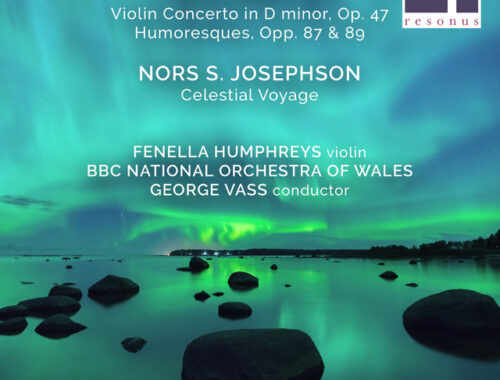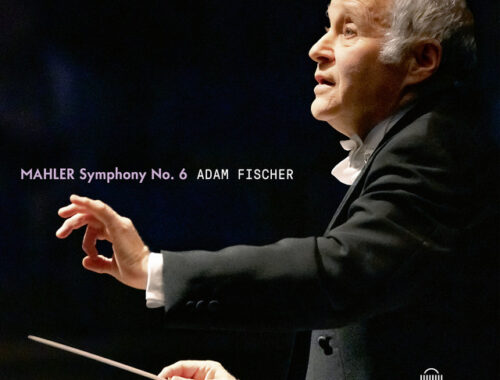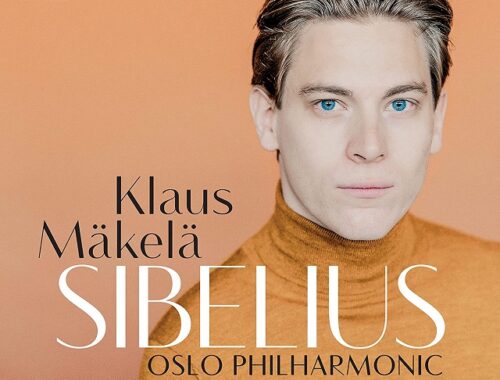SATURDAY 9TH JANUARY 2010 BORODIN QUARTET ****
Wigmore Hall
The Borodin Quartet brings a lot of history to the table – 60 years, to be precise. Personnel may come and go, the balance of personalities may shift, but the identity remains resolutely intact. Perceptions have changed immeasurably since the unforgettable candelight vigil of the last Shostakovich quartet in their legendary London cycle of the 1980s – none of those players are still with us – but this composer is still their collective signature and they play him with a very particular authority, as if the hotline to his every thought it still very much open.
It was shrewd to couple the First and Eighth Quartets, the former’s outward consonance putting a good face on things but fooling no one. Carefree airs, troubled subtext. The Borodins themselves don’t give much away, only the cellist Vladimir Balshin displaying the physicality of rapture and high anxiety. Watching them in this quartet was a little like scrutinising Shostakovich’s own face for tell-tale signs of disquiet. Remember that he came to the string quartet quite late; like Beethoven, they were to be his most intimate confessional.
The great Eighth Quartet of 1960 is easier to read. It’s a declaration of independence pure and simple, stamped from the outset with the composer’s own musical monogram (DSCH in German notation) and a succession of telling quotations from his symphonic oeuvre. Many colours were deployed here in traversing the wastelands of his soul but none more telling than the soft, still voice of consolation heard high in the cello in the approach to the glowing postlude. Why high in the cello and not the violin? Because the intensity of a voice at the extreme of its range better expresses just how much is at stake. The final sunset that the Borodins conjoured here was possessed of an almost supernatural radiance.
Then it was through a glass darkly to Beethoven’s Grosse Fuge Op.133 by way of the vortex that is Schnittke’s String Quartet No.3. Shostakovich is recalled here – the ubiquitous monogram again – along with shards of other musics spanning several centuries, including the key to Beethoven’s fugue. But not even Schnittke’s other worldly machinations – with sul ponticello effects suggesting a rapidly disintegrating radio signal – could begin to prepare us for that.
There is madness in the method of this extraordinary work which cannot and will not decide if it’s a set of variations or a fugue. Only heroic quartets come through it still sounding like they are vaguely in control. And even the Borodins broke a sweat.


